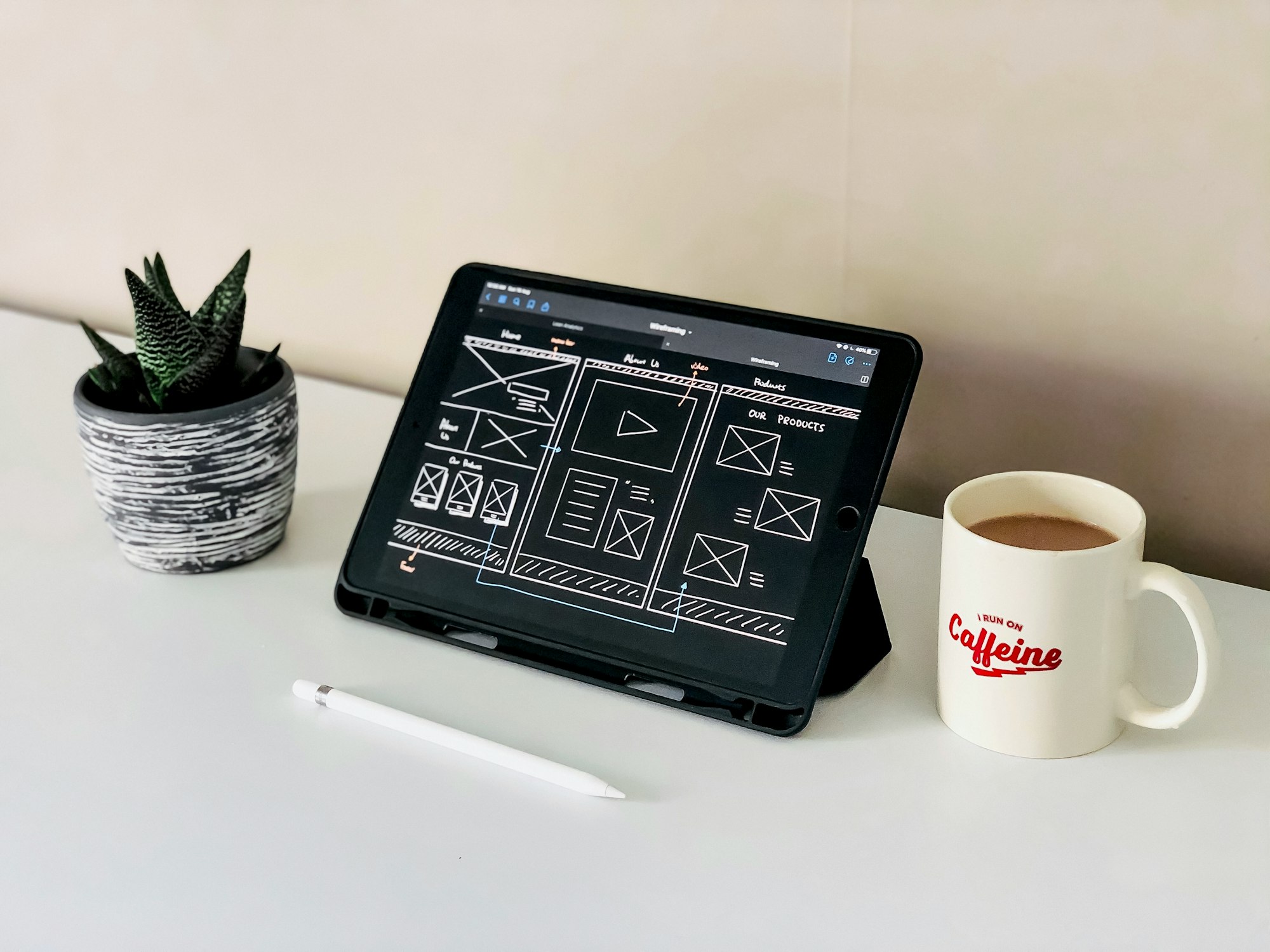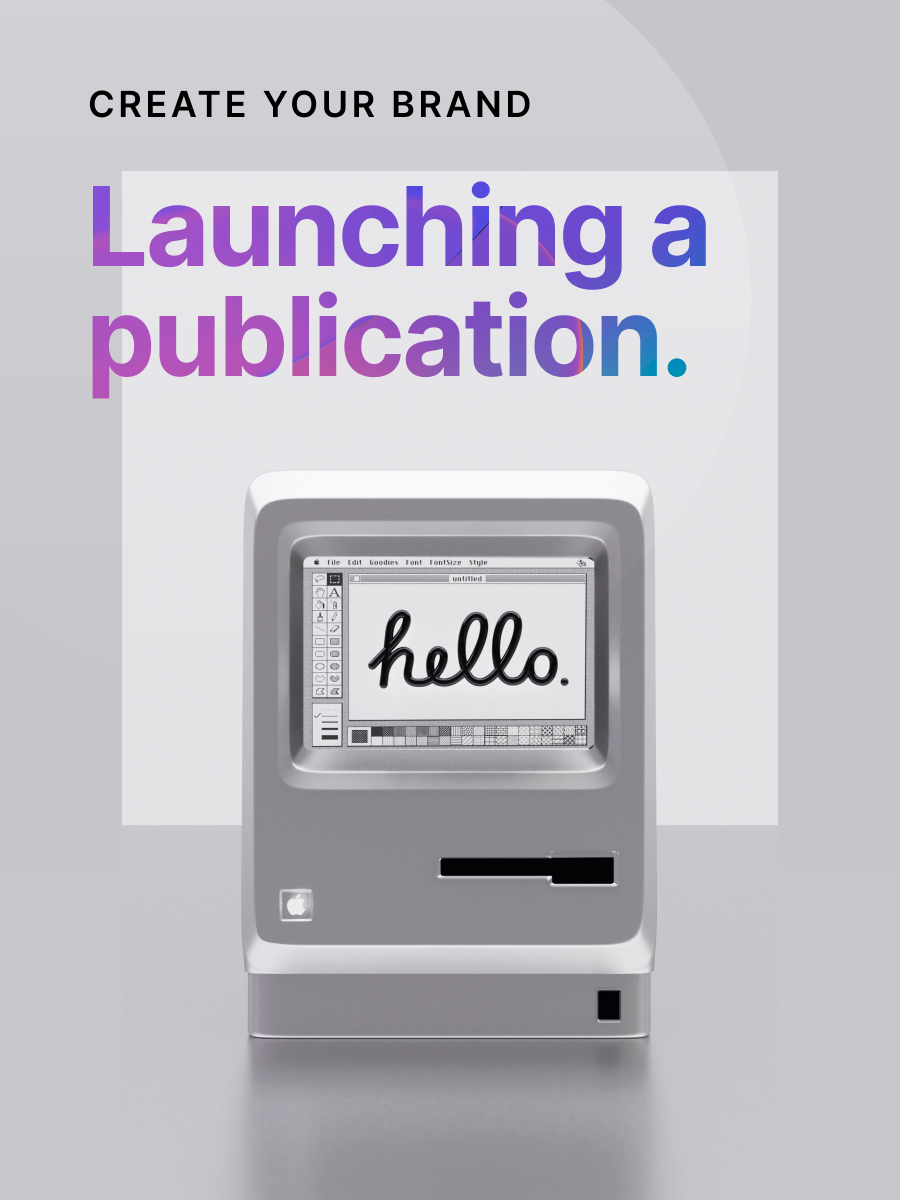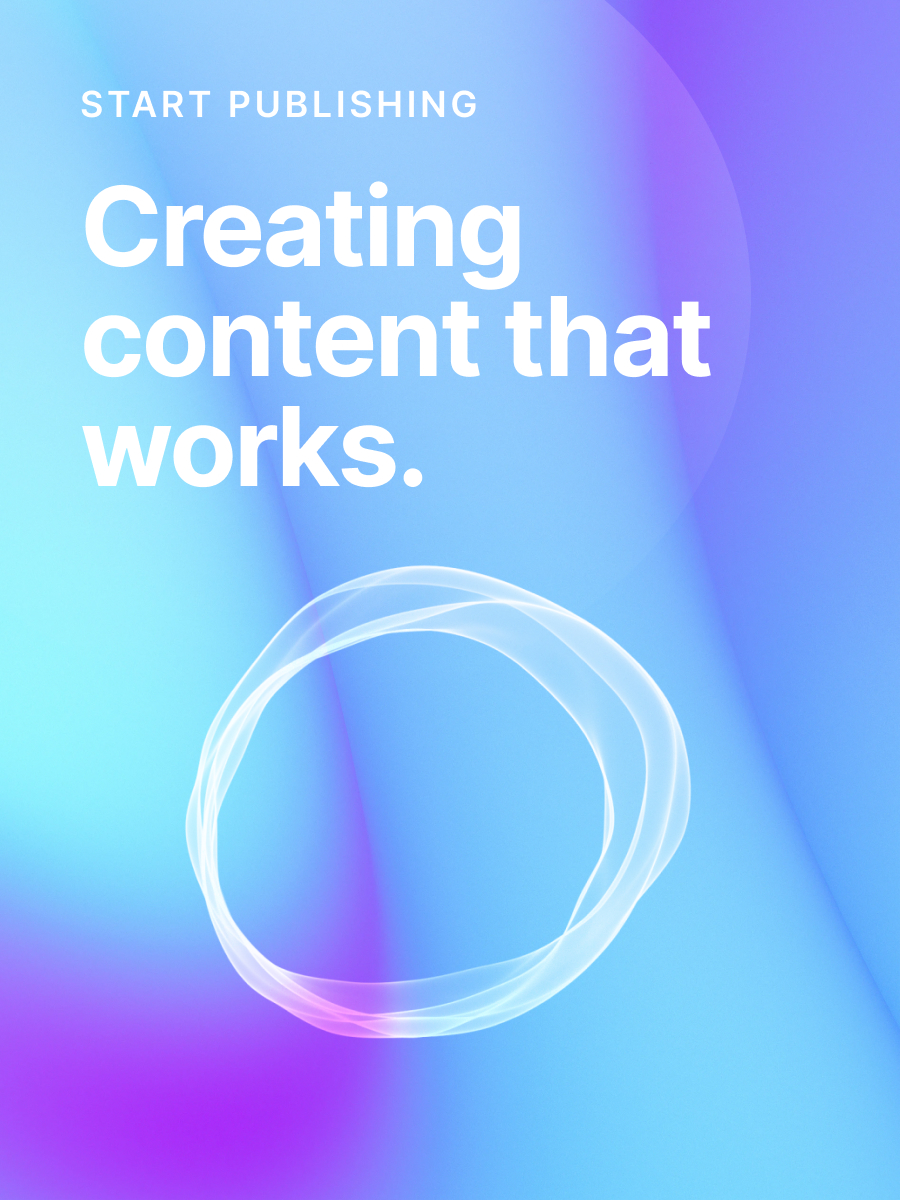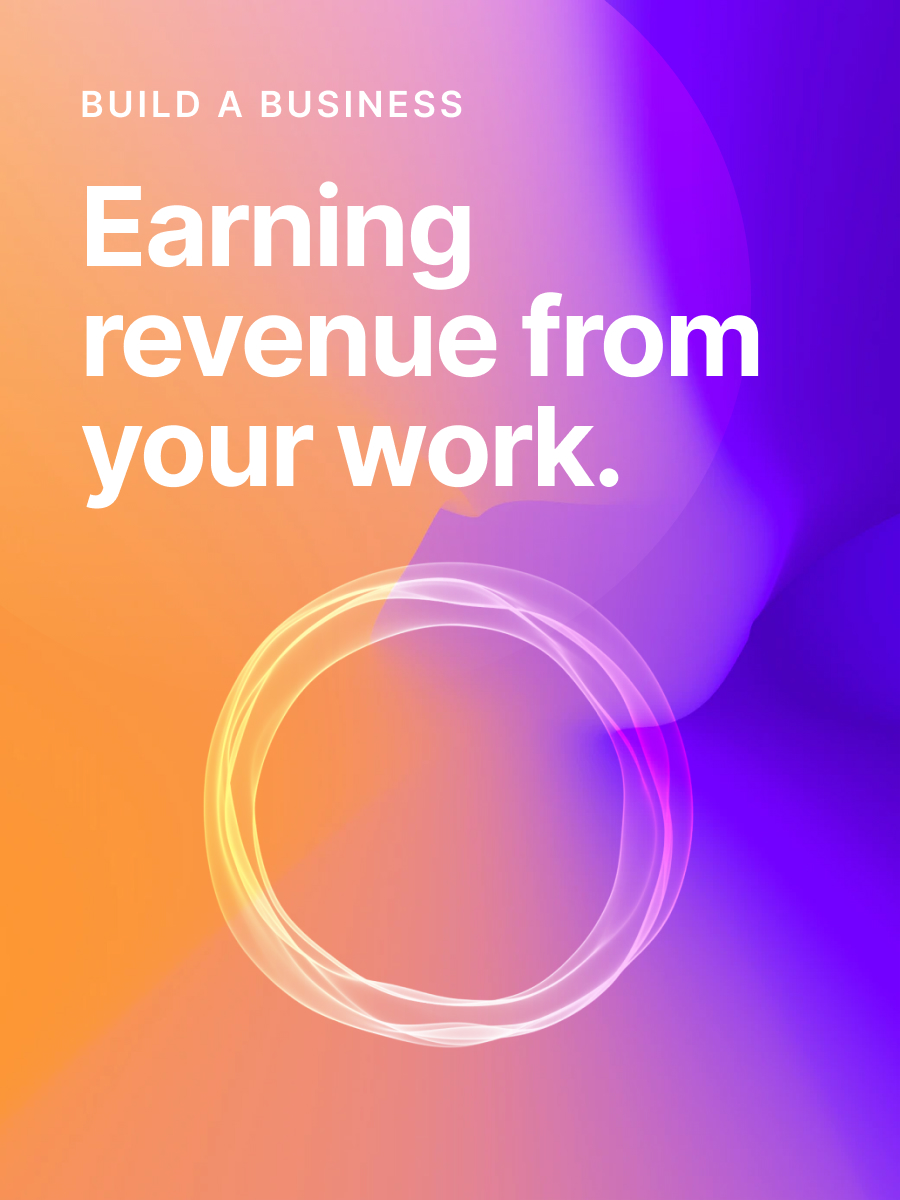4 keys to a successful creator-freelancer partnership
How to get the best work out of every person you hire.
Freelancers are the unsung heroes of successfully scaled businesses. As specialized experts, they can be the perfect complement to an independent creator or business owner looking to level up a specific area.
However, there are challenges when it comes to helping freelancers do the best work for your project. Below is a list of actionable tips you can use to get higher quality work in less time from every person you partner with.

Set the clearest expectations possible
Imagine you're midway through a road trip and your GPS stops working. You pull over to ask for directions and two strangers offer their help. One gives you a very broad answer akin to "just keep driving that way." The other provides several details: landmarks to look for, time estimates, and street names. Which one is more likely going to get you to your destination?
If you answered the second one, then you understand the value of specific information. Even though freelancers are experts at their craft, that doesn't mean they're mind readers. Every client and project is unique, and the elements that lead to success with one may not in another.
The clearer your expectations, the more likely you'll receive a finished product that meets your needs and aligns with your goals.
- Ensure that everything related to the project is captured in writing in a contract, so there are no surprises on either side.
- Before any work begins, make sure you and your freelancer agree on terms such as budget, timeline, deliverables, and more.
- Provide samples of what you’d like the finished result to be. If you don’t have any on hand, spend some time searching for examples from others in your industry.
- Details, outlines, and guidelines are essential.
- For more technical projects where you may not know how to explain your expectations, schedule time to speak with your freelancer. The best ones will know exactly how to translate your ideas into proper technical specs.

Clear expectations mean your freelancer should have zero doubts about what success looks like.
Establish incremental and final deadlines
Although deadlines fall under the clear expectations category, it's worth addressing them in a little more depth. Project timelines are a normal part of any traditional job, except they're often communicated indirectly. A deadline might be penciled in because of another related project. And updates may happen organically as coworkers hold conversations and unrelated meetings.
As a person working with freelancers, all of these communication elements need to be significantly more intentional and direct. There's little opportunity for organic conversations since you and the freelancer likely work in different places and are responsible for a wide variety of competing tasks.
When structuring your deadlines, here are a few things to consider.
- Set deadlines that offer a reasonable amount of time to complete assignments. Pushing rushed due dates onto freelancers is disrespectful and will only hurt your final product and working relationship.
- Use incremental deadlines to build a consistent communication channel. Some freelance projects can be incredibly complex. By holding weekly or bi-weekly check-in points, you can ensure that everything is on schedule and as expected.
- Build in short buffer periods when working with multiple freelancers on dependent elements. For example, a designer may need the final edited text before they can start their portion of a project. In this scenario, layer the deadlines and start dates for each freelancer appropriately so that neither feels as though they are rushed or on hold.

Deliver a positive onboarding experience
If expectations and deadlines are the what, then onboarding is the how. Your delivery and initial communication are key to making a great first impression while setting up your freelancer for success.
It's all too common for a client to hire a new freelancer, dump everything they think they'll need in one go, and then fall into radio silence until the project is due. Don't be that type of client.
Instead, aim to partner with the hired expert through proactive communication and organization.
- Rather of sending lots of files or links through email, set up a shared document in a tool like Notion. This way, both of you can easily access files, communicate feedback, and track progress.
- If they are available, share copies of your style guide, customer personas, or applicable templates. Adding this context saves your freelancer time and increases the quality of their output.
- Record a short introduction or tutorial video. Extras like this can lay the foundation for a long-term partnership.
Pay well and on time
Every freelancer is a small business owner in their own right. That means on the other side of every email is a real human with valuable skills, ambitious goals, and genuine feelings. Be the kind of customer to them as you would want to have supporting your business.
- Do research so that you pay at or above the market rate for their work. Paying professionals what they’re worth will go a long way towards building the trust you need to scale your project.
- Always pay invoices on time! There's no good excuse not to. Plus, delaying payment is a surefire way to get ostracized in freelancer communities.
- Use value-based measurements when hiring help. Paying a premium for experts will save you time and stress.
Build for the long-term
Working alongside and managing freelancers can seem intimidating at first. But it’ll reap exponential rewards when done correctly.
This short list of tips will help you attract and retain the best talent available. And sustaining freelancer relationships will drive your business towards new heights you once thought were impossible. That’s the power of building a great team, even as an independent creator.







